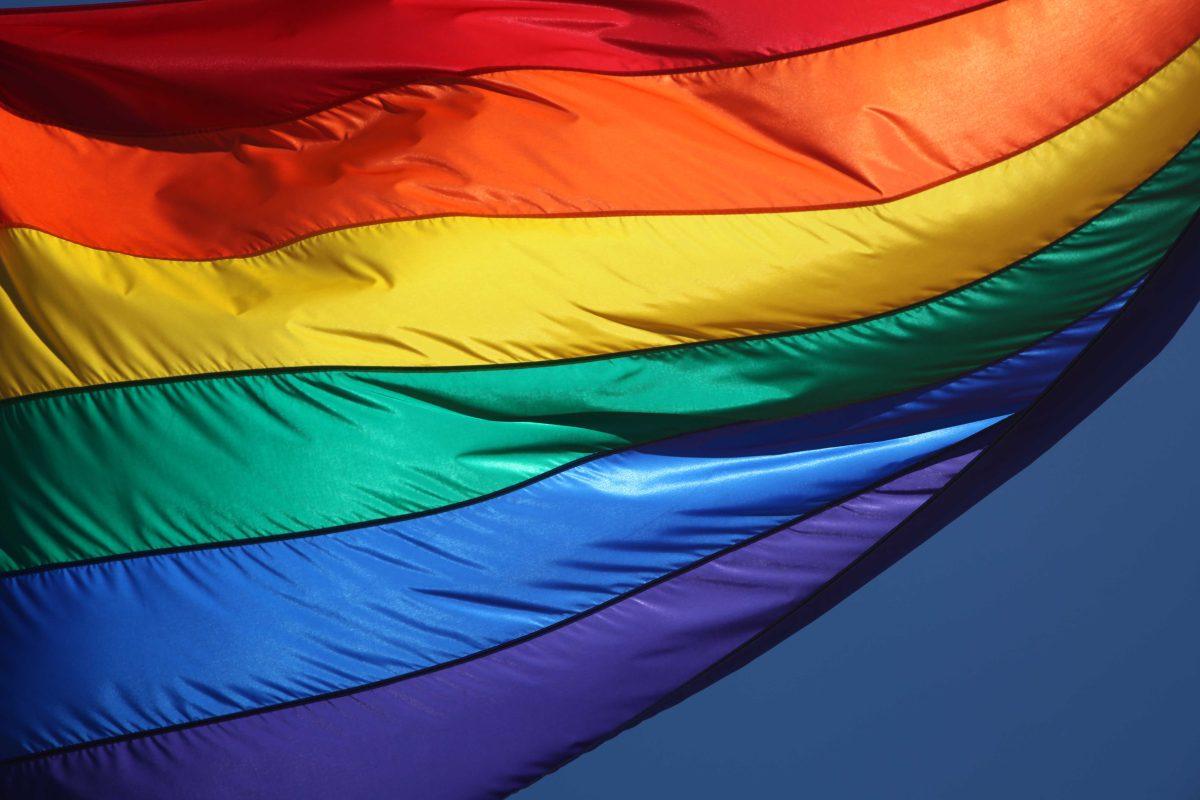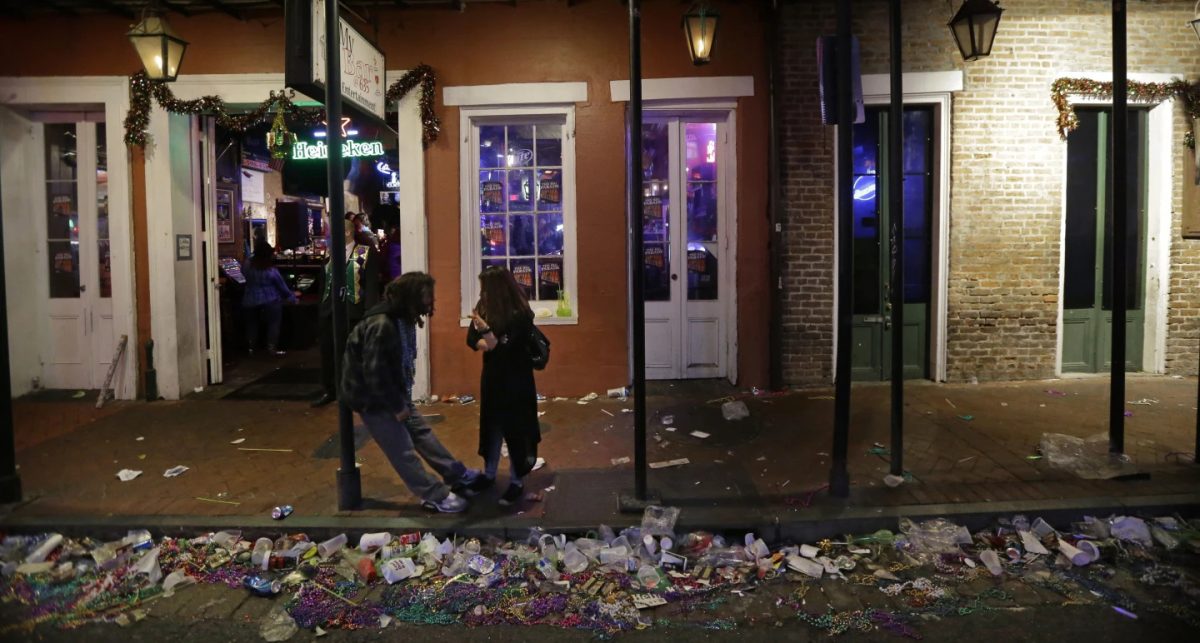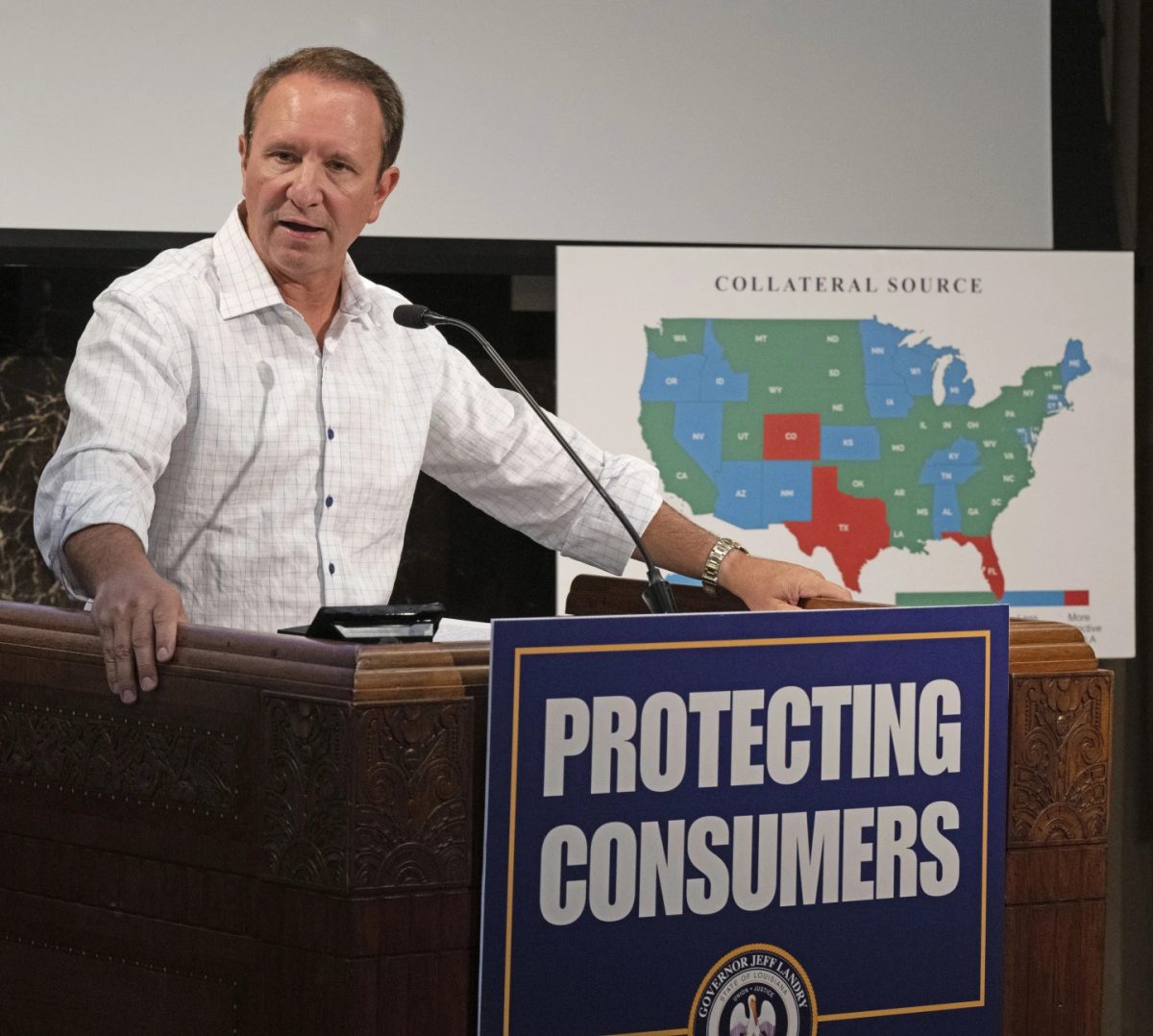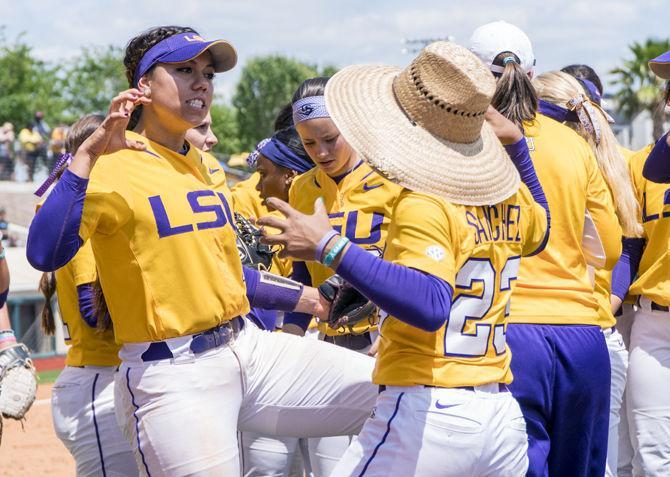When we talk about sexual assault, the LGBT community is often forgotten in the conversation.
Sexual violence is usually discussed in terms of male rapists and female victims, neglecting how sexual violence impacts the LGBT community.
According to a 2010 Centers for Disease Control and Prevention study, 44 percent of lesbian women and 66 percent of bisexual women have been raped in their lifetime. Four in 10 gay men and nearly half of bisexual men have experienced some form of sexual violence in their lifetime.
Nearly three in four transgender and gender nonconforming people reported being sexually assaulted in their lifetime, according to the National LGBTQ Task Force.
On college campuses, LGBT sexual assault is a widespread but rarely discussed issue. A recent Association of American Universities survey found 11.4 percent of undergraduate women and 14.8 percent of undergraduate LGBT students at select campuses experienced sexual assault due to a lack of affirmative consent.
The highest rates of sexual assault on college campuses in the AAU survey were among undergraduate females and LGBT people.
Shame and stigma often prevent queer people from reporting their assault. Interacting with university officials or even police who are homophobic or transphobic hinders access to post-assault services, according to the National Sexual Violence Resource Center.
NSVRC reports nearly half of LGBT respondents were uncomfortable seeking police assistance. Of those who interacted with police, 2 percent reported being sexually assaulted by police, with percentages higher for respondents who identified as black or Hispanic.
Police may ask an LGBT person where they met their assailant, and if it is certain online dating services, they may out themselves to police. Much like straight and cisgender survivors, police may also believe queer people are asking for sexual assault because they met their assailant on a dating app.
We all know BRPD and the Louisiana legislature haven’t been the kindest to queer people recently. Until 2003, consensual gay sex was considered a crime.
Despite the Supreme Court ruling anti-sodomy laws unconstitutional in 2003, BRPD set up sting operations to catch gay people having consensual sex in 2014, according to The Advocate. In other words, Baton Rouge police were arresting gay people for something that isn’t an enforceable crime yet is still on the law books.
BRPD received national attention on this issue, yet still charged a man with a sodomy statute in 2015, according to The Advocate.
In 2014, the Louisiana legislature failed to repeal the unconstitutional and unenforceable sodomy statute. Sen. Dan Claitor, R-Baton Rouge, has proposed a bill to repeal unconstitutional statutes from the legal code this year, but the anti-sodomy statute isn’t included in this effort, according to The Advocate.
So why should LGBT people report sexual assault to the police when they clearly cannot be trusted? How does the University work with BRPD when a queer survivor of sexual assault tries to report their sexual assault?
Queer people also have to worry about being outed when reporting an assault. A survivor may be outed to friends, family, police and health officials and lack the community support that can aid a survivor healing from a sexual assault incident.
Another component of LGBT sexual violence is how perpetrators assault queer people to humiliate them because of their sexual orientation or gender identity. In addition, perpetrators try to use sexual assault to “fix” queer women’s sexuality.
Ignoring LGBT campus assault will perpetuate a culture of fear, where sexual assault survivors do not have access to adequate care and their assaults go unreported.
Affirming and culturally competent care are critical for combatting LGBT sexual assault on campus. The Student Health Center, LSUPD and BRPD all need cultural competency training to understand the unique challenges of LGBT sexual assault.
In order to fight rape culture, LGBT sexual assault must be part of the University’s conversation and included in sexual assault training.
Michael Beyer is a 22-year-old political science senior from New Orleans, Louisiana.
OPINION: LSU must include LGBTQ people in sexual assault prevention programs
April 5, 2016
More to Discover













